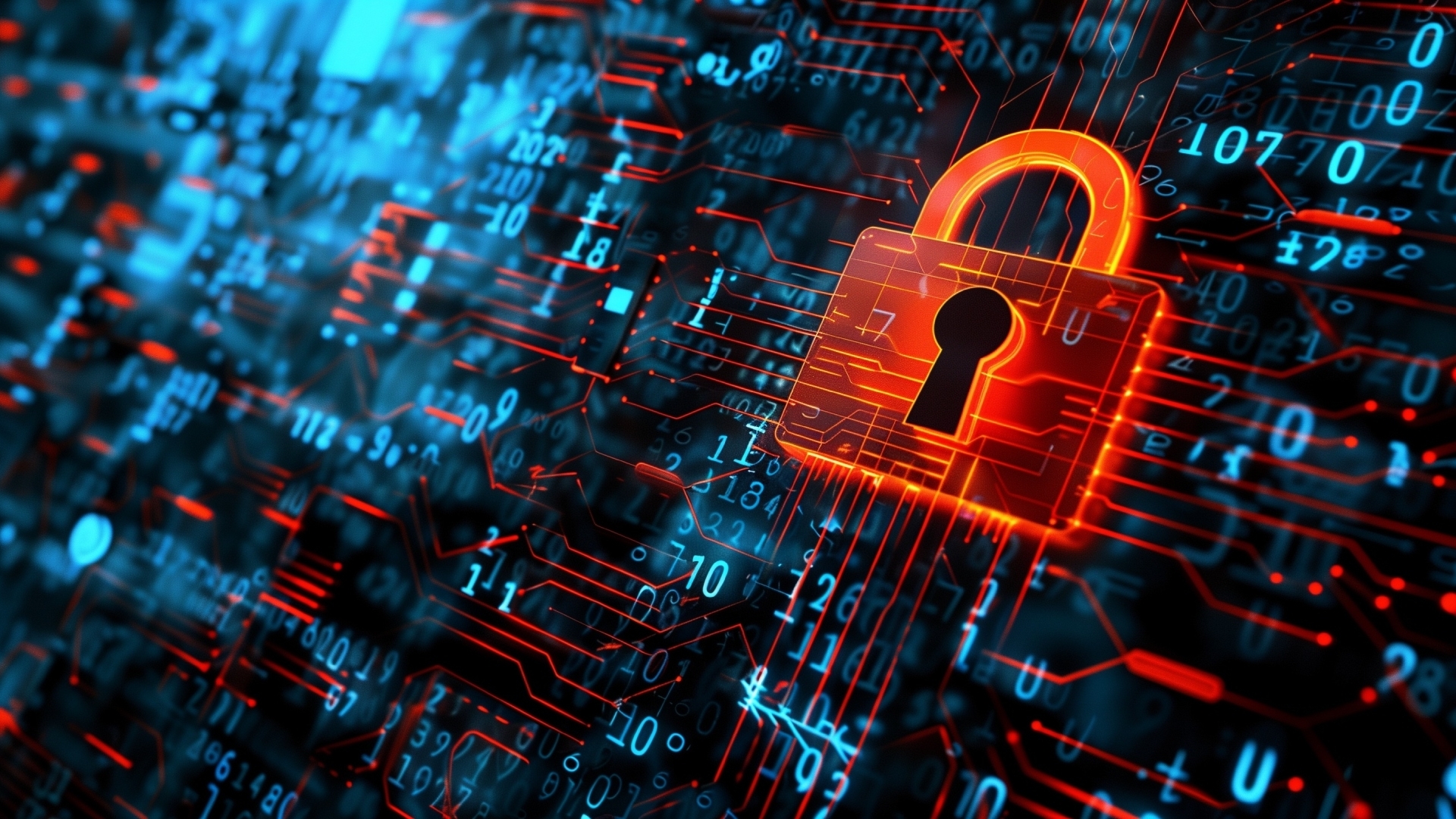Staying safe from cyberbullying involves a combination of awareness, proactive measures, and appropriate responses. Here’s a basic process to follow:
- Awareness and Education: Understand what cyberbullying is and how it can manifest. Recognize that it can take various forms, including harassment, threats, impersonation, spreading rumors, and more.
- Secure Your Online Presence: Take steps to secure your online accounts and personal information. Use strong, unique passwords, enable two-factor authentication where possible, and be cautious about what you share online.
- Privacy Settings: Familiarize yourself with the privacy settings of your social media accounts and adjust them to control who can see your posts, contact you, and tag you in content.
- Think Before You Post: Be mindful of what you post online and how it might be interpreted. Avoid sharing sensitive information or engaging in provocative discussions that could attract negative attention.
- Block and Report: If you encounter cyberbullying, don’t engage with the bully. Instead, block them and report the behavior to the relevant platform or website. Most social media platforms have mechanisms for reporting harassment and abuse.
- Document Evidence: Keep records of any harassing messages, comments, or posts. Take screenshots or save copies of the content as evidence, especially if you need to report the incident to authorities or platform administrators.
- Seek Support: Don’t hesitate to seek support from trusted friends, family members, or professionals if you’re experiencing cyberbullying. Talking to someone about your experiences can provide emotional support and guidance on how to handle the situation.
- Self-Care: Take care of your mental and emotional well-being. Cyberbullying can take a toll on your mental health, so prioritize self-care activities that help you relax and recharge.
Remember, cyberbullying is unacceptable behavior, and you have the right to protect yourself online. Don’t hesitate to take action to keep yourself safe and seek help if needed.
Cyber Policy and Coordination
Cyber Security Policy: This link provides access to the official cyber security policy document of Papua New Guinea. The policy outlines the government’s strategies, guidelines, and measures to ensure the security of digital infrastructure, data, and systems within the country. It may cover aspects such as threat assessments, incident response protocols, data protection regulations, and strategies for enhancing cyber resilience.
Cyber Coordination: This link directs you to resources related to cyber coordination efforts in Papua New Guinea. It may include information about government agencies or departments responsible for overseeing cyber security initiatives, as well as collaborative efforts with international partners or private sector organizations. Cyber coordination aims to foster cooperation, information sharing, and joint action to address cyber threats effectively.
These links provide valuable insights into Papua New Guinea’s approach to cyber security policy development and coordination efforts, offering a deeper understanding of the country’s strategies for safeguarding its digital infrastructure and combating cyber threats.

Leave a Reply